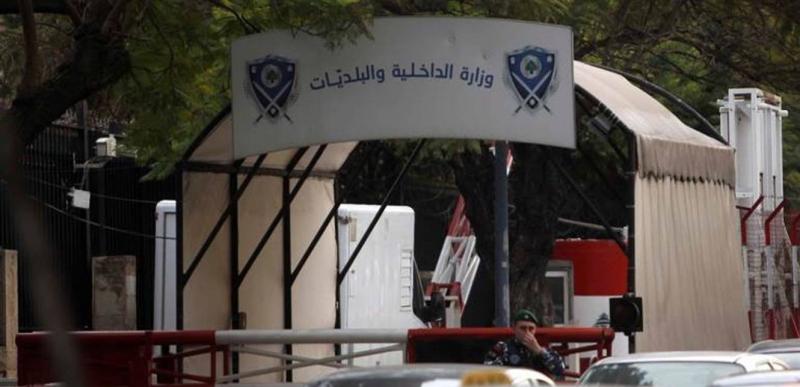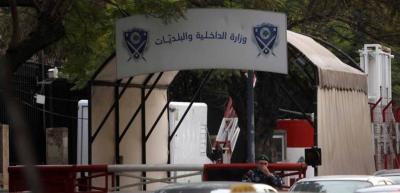While the expatriates' elections have not faced major issues, attention is now on the upcoming elections on Sunday, particularly regarding Lebanon's Sunni community. From today until the polls open, an increase in efforts to ensure strong participation of Sunnis in the voting process is expected, which is a difficult test for Dar al-Fatwa and opposition forces, especially the list backed by former Prime Minister Fouad Siniora. Siniora has publicly addressed the situation of Sunnis, explaining the positions of Future Movement leader Saad Hariri, whom he claims did not call for a boycott in the way it has been portrayed.
Siniora's dissatisfaction with the reality of the Sunni community and the lack of response from Beirut families in participating in the elections has led to anger from former minister Khaled Qabbani, head of the "Beirut Faces" list supported by Siniora. Social media users circulated a video of Qabbani expressing his frustration over the fierce electoral competition in Beirut's second district, stating, "Who are we fighting for? For what position? We don’t want it. Let them take it; God has provided for us."
It was reported that during a meeting with some Beirut residents, Qabbani became furious after elders of Beirut families informed him about their intention to boycott the elections, questioning whether running for office was necessary to challenge Hariri's unity among Sunnis. The ground reality in Beirut's second district has become very delicate and embarrassing for candidates, prompting a response from Saudi Ambassador Walid Bukhari, who directly intervened to encourage major Sunni religious authorities to urge voters to participate in the elections.
This effort was also reflected in Dar al-Fatwa's direct engagement issuing fatwas to promote voting, as expressed in a circular from the Islamic Waqf Directorate, calling upon imams and mosque preachers to encourage Lebanese citizens during Friday's sermon to actively participate in their civic duty by electing their representatives to the parliament.
In Hariri's absence and withdrawal from the political scene, his influence remains significant, evidenced by the intensified attacks against him, which he fears he may later have to pay the price for. As the election fever grips everyone, the Ministry of Interior continues to assert its readiness to conduct the electoral process. However, there are still questions surrounding some preparations due to the failure to release allocated funds from the Ministry of Finance, raising concerns among the workers appointed to participate in the elections about the government's potential failure to pay them immediately after the voting process.
Approximately 15,000 employees are expected to cast their votes, with each of them entitled to over three million Lebanese pounds, which they require to receive directly after the elections. There are concerns about whether the payments can be processed overnight after the counting is completed and how they will be paid in cash, as well as where the "bags of money" will be stored. Additionally, how will the issue of part-time teachers, who have not had their fees accounted for in the allocations for teachers and employees, be resolved? What if these 1,500 teachers refuse to attend the polling stations where they have been assigned?
As logistical matters are finalized, it was revealed that there are names of deceased individuals submitted as polling station heads and others who resigned from the educational body some time ago, which were included in the lists. The responsibility for such errors falls on the district governor who sends the names of the teachers to the Ministry of Interior.
Another matter still in question is the provision of electricity at polling and counting centers. A notable development occurred in recent hours, with a directive sent to the mayors mandating that municipalities provide electricity or face the withholding of funds or other actions against those who do not comply. Meanwhile, generator owners have threatened to halt their operations if electricity is cut during the elections.
With many administrative and logistical details for facilitating the election process scheduled for May 15 still unresolved, questions remain about what will happen if employees do not fully participate in the election process or if judges fail to perform their assigned duties. How can one be sure that the electrical supply will adequately be secured for completing the elections and counting the votes, a process that will not finish until early the next morning? And how will the state provide the needed amounts to pay employees in cash?
Ghadeer Halawi - Annahar News




